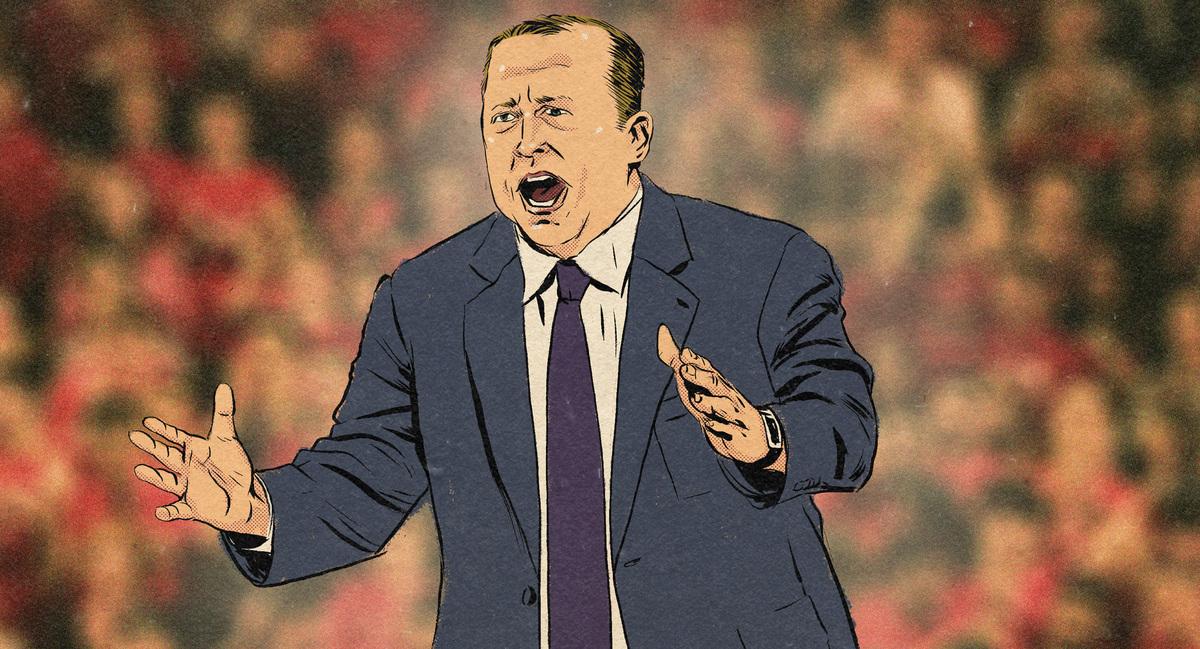You Merely Adopted the Grind. Tom Thibodeau Was Born in It.
Success was never guaranteed for Thibs. But now the hard-nosed Knicks coach has his team in their best position in decades—and he got them there by staying true to himself.He’s a villain on the sideline. Keeps both heels perpetually outside of the coach’s box, his expression alternating between a grimace, a frown, and a snarl. He screams until his voice goes the way of his hairline: pushed to the margins. Mid-huddle, he sounds like someone coaching up a swollen prizefighter.
“Don’t give in,” the coach once bellowed. “Push through the pain. That guy who can push the furthest will win.”
He’s got a mouth that’s positively rotten. Rumor has it his vocabulary so offended an old boss’s wife that he was asked to clean things up courtside, a request ultimately fulfilled by removing him from the team entirely. Favorite word—according to a combination of digital evidence and serious, confidential reporting—is “fuck,” as in: “What the fuck are you doing?” or “fucking right in front of you” or “Are you fucking kidding me?” or “What the fuck is going on?” or sometimes just “fucking blind.” Slight the man with a missed call, and he’s liable to run up on you in the form of a closeout, arms fluttering—not like a bird flying, but a bird landing—with his mouth held pelican wide.
Bathed in glowering radiance, at 66, he no longer paces so much as ambles. Eyes twitch and protrude depending on a box-out’s efficacy. Turnovers leave his face contorted in disgust. These are all ways of saying that if Tom Thibodeau has had a common language throughout his wailing fistfight of a career, that language can be distilled down to conflict alone.
This ain’t a secret. Since Thibodeau got his first NBA head-coaching gig—with the Bulls in 2010—he’s gained a rep as rough as his vocal cords. Press descriptions include “a growling, gruff hidebound,” a “relentless taskmaster,” and a less poetic, politically incorrect label: “a crazy person.” He studies rather than sleeps. He crawls out from under the floorboards of practice facilities. Even in his 60s, on the hardwood, he is always barking.
These sentiments bear more than a shred of truth, but they obscure how he’s managed to navigate a league that devours its elders, as America does its young. Thibodeau’s historic ascents and bitter exits from Chicago and, later, Minnesota were microcosms of the tenuous dance between coaches, front offices, and owners in a landscape of shifting control over roster construction, play style, and organizational philosophy. Now, after what was once regarded as a doomed hiring in New York, an Eastern Conference semifinal loss, and a regular season of seeming despair and multidimensional growth, the Knicks are coming off of their first 50-win season since Melo and his jab step won the city’s heart. And with the no. 2 seed and a 1-0 lead over the Sixers in their first-round matchup, both Thibodeau and the Knicks have their clearest path to the conference finals this decade.
How they got there says as much about Thibodeau as it does about the team and the sport. The man, at his most base level, is an embodiment of that which compels him. He always has been. The outcomes may vary, but the impetus behind each result remains fixed. This is what makes Thibodeau so different from the rest of the general population and also what most ties him to us—the truth that he just can’t help it as much as he just might not want to. Thibs has invented and reinvented himself many times over, and each transformation was ignited by a peculiar and steadfast devotion to the grind of the game, his truest and deepest love.
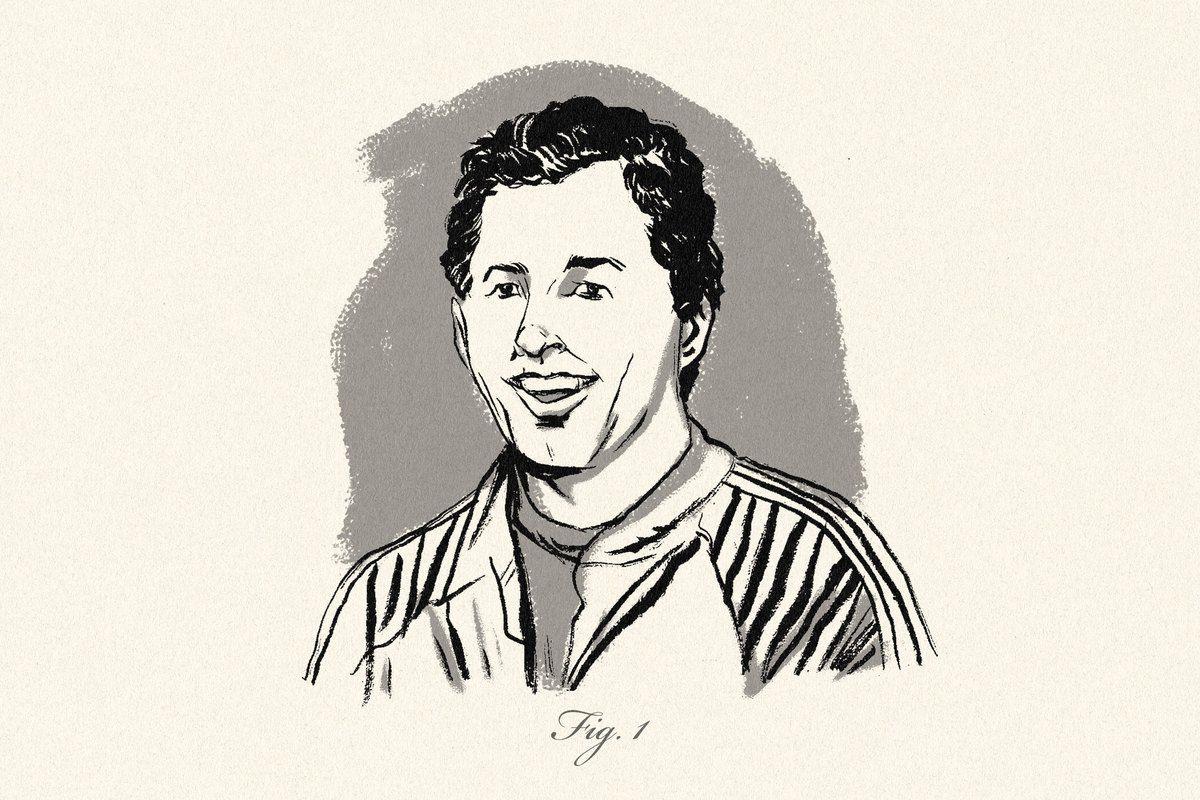
When Brian Scalabrine walked into the Celtics practice facility in Waltham for one of the first training sessions before the 2007-08 season, he expected a quick workout. Boston had traded for Kevin Garnett a month after adding Ray Allen and had solidified a revitalized roster, but it was still early in the ramp-up process. The acquisitions weren’t confined to players. The team had just signed a tactical maven to its coaching staff: a fierce defensive specialist named Tom Thibodeau, who’d spent over a decade working as a lead assistant under former Knicks and Rockets coach Jeff Van Gundy.
What was ostensibly supposed to be a limited succession of defensive drills run by the new guy that day ended up feeling like an eon to Scal and the rest of the squad. “We [went] for an hour and 30 minutes,” he told me this month, through laughter that indicated equal parts nostalgia and lingering dread. “I’d never heard of anything like that before.” Over the season, the team coalesced around the defensive principles that Thibs introduced that summer and rode them all the way to a title. It didn’t take the Celtics locker room long to realize that hyper-fixation was the norm with Thibodeau, who’d made a name for himself in one-on-one sessions with stars and journeymen alike. In his hands, minutes turned to hours. All that existed was the next task.
“He doesn’t understand time. He has no concept of time. That’s him. So he doesn’t know that he just worked out Yao Ming for an hour and 45 minutes—he doesn’t know. He thinks it’s 10 minutes,” Scalabrine said. “It’s like you’re in your happy place, wherever your happy place is, and time flies by. That’s where he is when he’s on the basketball court.” Effort is, in more ways than one, Thibodeau’s creative love language. To this day, he is one of the few head coaches who will personally work out his players. He’s flown to China to train Yao and to USA Basketball’s training camps to work with D-Rose. Karl-Anthony Towns, who famously butted heads with Thibodeau, has even volunteered, “[Thibodeau’s] probably the most hands-on coach that I have ever seen.”
For Thibodeau, the line between work and life is porous. He’s been reported to have written out defensive coverages on “place mats in Chinese restaurants.” At one point, as an assistant, he had four TVs in his bare-bones apartment, all of them constantly running game tape. When he coached the Bulls, his practices and film sessions were notorious for their rigor, and Thibodeau was open about his objective. “You’re trying to get perfection out of it,” he told Zach Lowe at the time, “trying to be as close to perfect as a team could possibly be.”
Over the years, in the public mind, this has imbued Thibodeau with an Ahabian quality; he’s renowned as “the most obsessive person in a profession populated by those proud to be obsessed.” Effort, however, should not be conflated with outcome. Read between the lines, and one spots a man in thrall to the process. Thibodeau, for instance, has never sounded as content as he did when looking back on the injury-marred slog of his Bulls tenure, recalling with pride, “They gave me everything they had.”
A few days before the end of the regular season, I met longtime Thibodeau muse Taj Gibson after practice with the Pistons. Before Gibson signed with Detroit this past March, he’d played for Thibs at his stops in Chicago, Minnesota, and, most recently, Madison Square Garden. I was hoping to understand what drives the man Gibson had played for more than any other person in his career. “If you’re in the gym late night, he’s happy,” Gibson said. “He’s going to peek around the corner. If you go to his office and ask him if he can give you a workout, he’ll come work you out. … Some people misinterpret how he is sometimes, but he really loves players, really loves the game.”
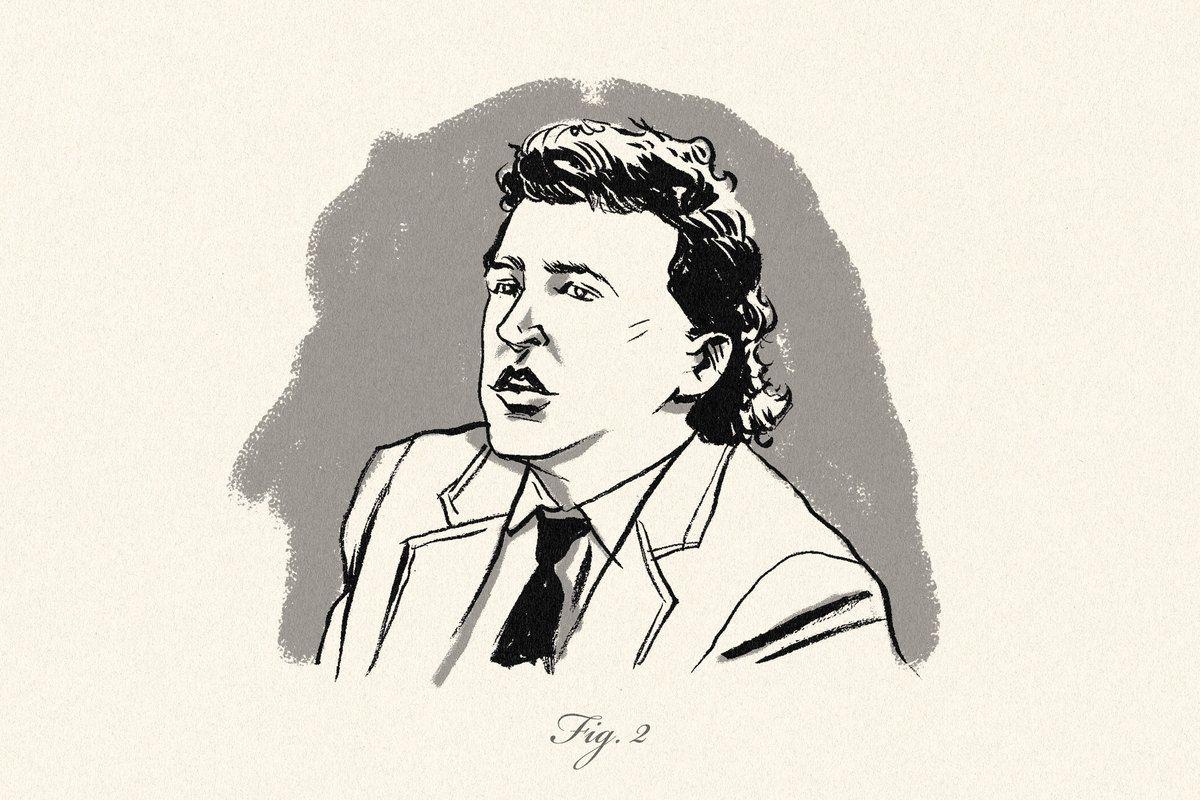
When he was at his physical peak, Thibodeau had a loaded stance and shoulders like those of some chiseled toro bravo. His hair fell past his ears. He was said to be an inch over 6 feet tall, but having stood next to him recently, that inch appears highly suspect. He played a rugged brand of power forward in high school: In one game he grabbed 22 rebounds and was heard in a huddle assuring his teammates, not at all calmly, “The boards are mine.”
There is a palpable temptation to see his play style as a reflection of the environment he grew up in: the 24-hour factories of his hometown of New Britain, Connecticut; the Italian and Polish immigrant work ethic that defined the industrial outpost; his father’s six-day-a-week accounting gig. “He was a competitor. Inner-city type of mentality—focused,” his former college coach Don Doucette told me over the phone, through a thick Massachusetts accent. “He was an undersized forward that had to work very hard to be successful, playing against bigger guys.” Thibodeau was never great. Blessed in spirit maybe, but not physically. So he learned to whittle away at the game—grind it down to a diameter he could wrap his arms around.
He played in three consecutive Division III championships at Salem State University, where his teammates remembered him bringing an intangible toughness to the squad. During one matchup, Thibodeau broke his finger on a block attempt that hit the backboard, exposing bone. He had the medical staff wrap the wound and soon reentered the game. Even in complimenting him, local reporters described Thibodeau as, well, nondescript: “He sweated a lot,” one wrote of his play, “and he sure wasn’t graceful, but he got the job done.”
Thibodeau graduated in 1981 and knew he wanted to coach. “He would go everywhere with me. He’d buy all the books. He’d buy all the videotapes of all the latest guys, coaches that were hot and all that,” Doucette remembered. Thibs sat in on practices in the area; he made pilgrimages to watch Rick Pitino at Boston University and Providence, Jim Calhoun at Northeastern, and his pro mentor, Bill Musselman, with the CBA’s Albany Patroons. There is no way to comb through all of the succeeding versions of Thibs without first unpacking this moment in his life—and the choice he made in the wake of it.
It’s around this period that he starts wielding coach-isms to the press—less “The boards are mine” than “intelligent basketball” and “tenacious defense” and “learn how to win.” Soon, he’s breaking up with his fiancée, confiding to a friend, “There’s no room in my life for a woman if I’m going to be a basketball coach.” He’s missing the holidays at home for what are the first years in a multi-decade streak of choosing work first and everything else second. He’s burnishing his reputation as a grinder, the “kind of guy”—the papers say—who just can’t “shy away from a little hard work.” And the noise begins too: He’s also the kind of guy who cares too much. “He puts in,” as one friend said succinctly, “an awful lot of time.”
But all he has is time, and he can’t grab on to that. The only thing to do with time is what everyone does with time: watch it slip through your fingers. Can’t control it. Can’t perfect it. Can’t fall in love with it. But this game? Keep at it—long enough, hard enough—hold it just so, and you can make it yours. He could make it his.
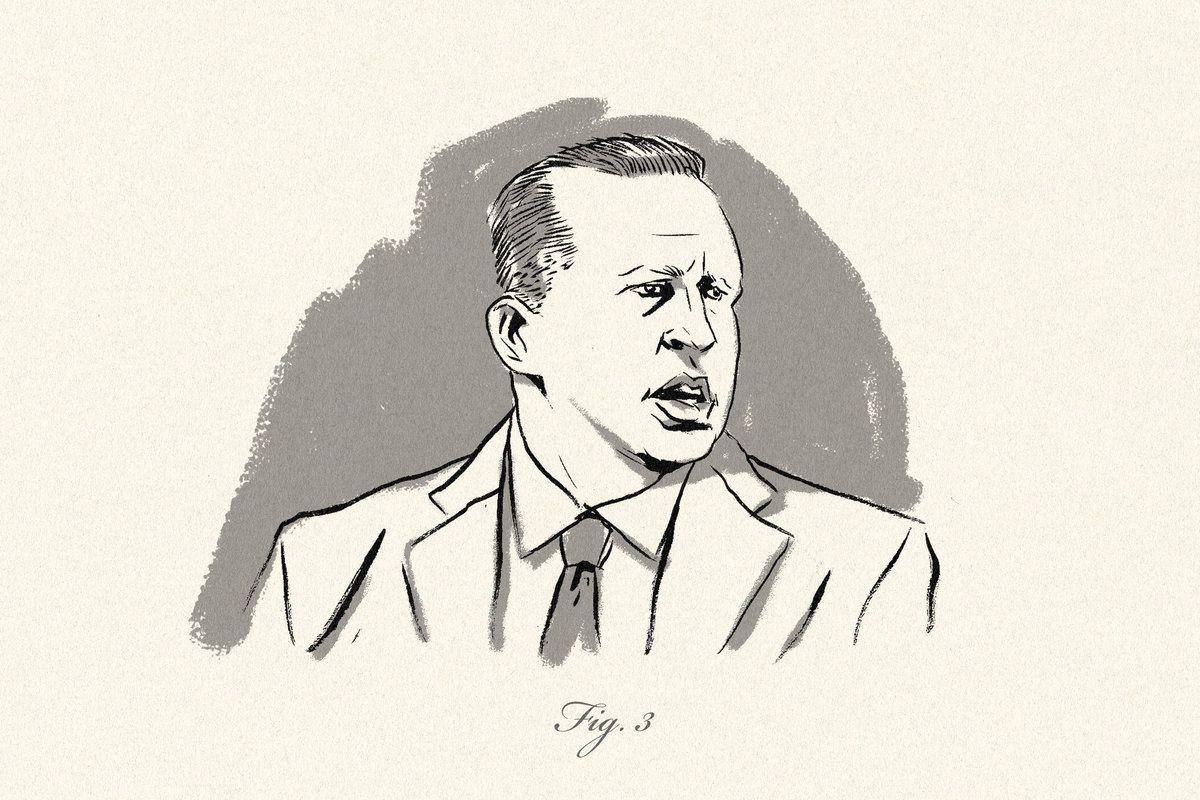
Hardly anyone seems to believe that they can coexist with Tom Thibodeau, except those who have already coexisted with Tom Thibodeau—those who swear at and by his methods. USC head coach Eric Musselman—who worked with Thibodeau when they were both assistants on Bill Musselman’s Timberwolves staff—most remembers the “attention to detail” and “focus” that a young, mullet-sporting Thibs showed back in the early ’90s. “Basketball was the most important thing in his life,” said Musselman. “Zero doubt about that. [But] he’s got a totally different side to him. … Basketball is his family, but he’s super close to his immediate family too.”
Scalabrine, who followed Thibs from Boston to Chicago in 2010, told me he thinks Thibs is “the most misunderstood coach in the NBA.” Scal also said that Thibs is not for everyone: “If you want to go hang out at night and burn the candle on both ends, it’s going to be tough to play for Tom. But if you take care of yourself and you have the idea that you want to win, I think that a lot of guys can do [it]. … If you’re a conscientious player—like you know what’s going on at all times—you’re going to do well for him. If you don’t have discipline in your life, it’s going to be really tough to play for him.”
Thibodeau’s rough edges have never been a figment, but in the eyes of his extended basketball family, they’ve never seemed like the indictment that folks outside the circle believe them to be. In Chicago, he played Joakim Noah and Jimmy Butler into the ground and had to be forced by the front office to rest his stars more often. “We’ve got a great coach,” Noah said at the time, “but he doesn’t understand the whole rest thing yet.” And so here again, Thibodeau flummoxes as much as he endears: He is no doubt the type of heel-dragging figure who makes acolytes say out loud to the press, “He doesn’t understand the whole rest thing.” He’s also the type of maverick, unafraid of plunging within himself and pulling out something new, that would make Noah finish the above sentence with the word “yet.”
There are many reasons those Thibs-led Bulls teams fell apart, but chief-most, beyond fickle acts of injury deities, was that hardly anyone was on the same page anywhere other than the court. This is Thibodeau’s failure as much as anyone else’s, for a coach is a rudder. Look back, and you’ll see a fighter who thought that the results would speak for themselves but learned that not everyone was listening—not everyone spoke his language. In Minnesota, his worst L (given that he bungled absolute control), Thibodeau fell victim to the next level of this same disconnect: losing a locker room full of folks who don’t trust you because they know you don’t trust them. Taj Gibson told me that more than anything else, this trust is central to Thibs’s program. “You have to go through something with him for him to really look at you and respect you in that kind of way; he’s not going to just open up to you right away,” said Gibson. “He’s a good guy, but once you really go through stuff with him, you become family. You see a totally different side. Totally different.”
That he’s even employed again, at this level, in this position, is an upset that bears repeating. (And that says nothing of the fact that Knicks coaches before him had shelf lives like cold cuts.) After the Minnesota debacle—the failed Jimmy Butler remake, the lack of development for prodigious talents, the steady deterioration of franchise-wide communication—the odds weren’t exactly in his favor: At the time of his firing, he was already the sixth-oldest coach in the league. When he arrived in New York in 2020, Thibodeau had wandered out of the jobless wilderness with a whole new interpersonal vocabulary. He talked in his introductory press conference about going on vacation! He went on long walks! Had family dinners! The new Thibs says things like “communicate effectively,” “Everyone’s voice matters,” and “You have to make sure that you’re connecting.” He still wields a conspicuous glare after certain on-court lapses, but it’s more disappointed parent than man witnessing buffoon wet himself at half court. There are even rumors floating around MSG that he’s been smiling on camera. Schematically, he updated his playbook on both sides of the ball. “The perception of Tom is that he’s a great defensive coach—which he is,” Stan Van Gundy told me of Thibodeau’s adjustments in recent years. “He’s evolved with the game. And as the game has opened up and 3-point shooting has opened up the floor, Tom has adapted at both ends. The people that want to paint him as old-school or a dinosaur or all that, they’re not paying attention to what’s going on on the floor. I mean, this team plays very modern NBA basketball, and they play it very, very well.”
During his Bulls and Timberwolves tenures, only three of his teams ever ranked in the top 15 in leaguewide 3-point percentage. The Knicks have done so in three out of the past four years. This year’s team ranks seventh in offensive rating despite being riddled with injuries for much of the season. When last year’s squad went through a rut, one of the locker-room leaders came to Thibodeau’s defense. (Granted, the dad of that team leader may or may not be on staff.) Whether they’ll advance deep into the playoffs this year belies the fact that Thibodeau has managed to reinvent himself, again, without erring from his essential attachment to the game. He’ll still do anything to get everything. Change. Soften. Stay the same. So long as it ends with the game squeezed dry, it doesn’t really seem to matter to him. Pacing the sideline, in fits of angst and hope and certain uncertainty, Thibs has managed to continue his eternal pursuit in an ever-so-terminable world: the closest thing to perfection on a court.
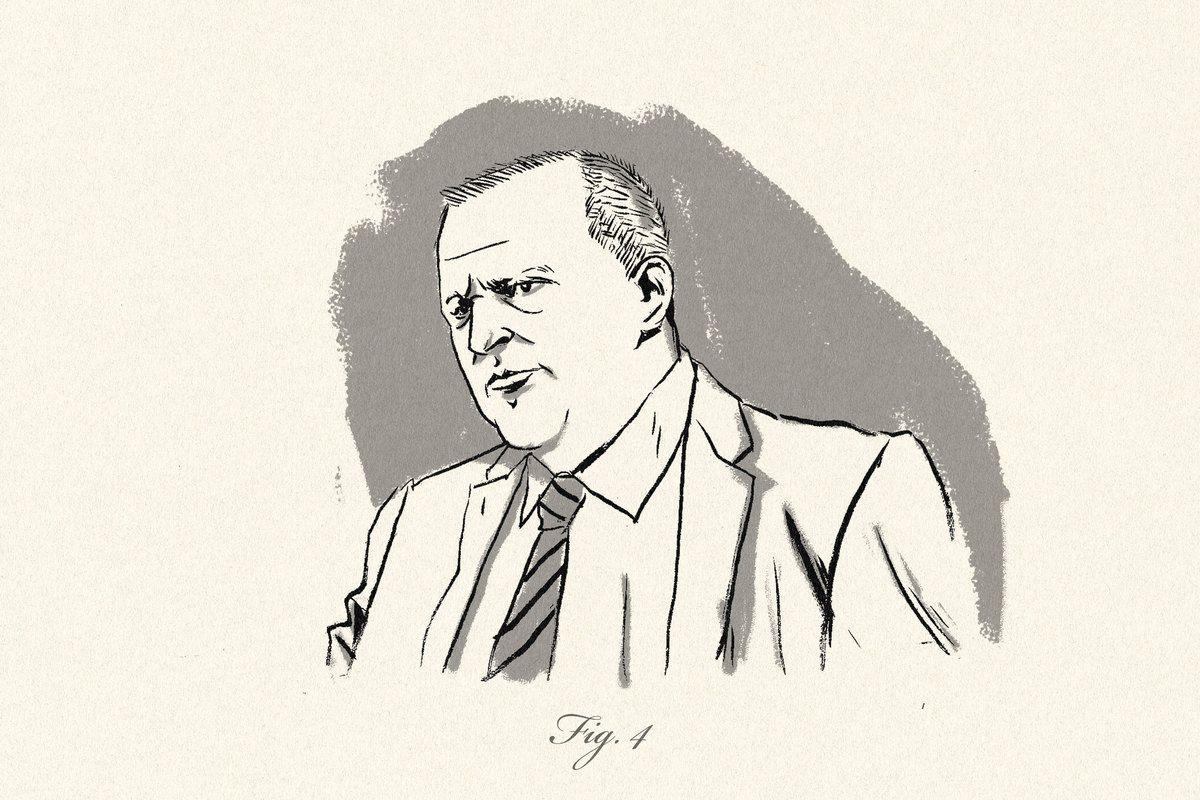
He’s loudest after a turnover. The Knicks have a lead that rivals a football score at TD Garden three days before the end of the regular season, and there’s Thibs in that box that ain’t a box whenever he’s in it, hollering at a backup point guard who got passed over 35 times in the draft and came into the year with fewer total starts than fingers. No matter. The coach’s hands are twitching at his side.
Every made basket is an opportunity for another stop. Surrendered 3s equate to thrown-down arms. A made 3, and the arms are back up, folded at his rib cage. Sometimes Thibs strokes his beard, and it’s hard to tell whether that’s self-soothing or self-loathing. His hair is already Sméagol thin, but it looks like he might worry himself bald.
The man’s livid after a 3 that cuts the lead to a smooth 28 points. During timeouts, he holds his hand in the air with a marker and delicately demonstrates play calls, using the instrument to emphasize his points, like a painter or a chef. He’s still barking orders on the last few possessions, always teaching—all the way to the final buzzer. They win. He shakes hands with Joe Mazzulla and walks straight to the locker room, not looking back on the court once.
He knows they’ll have to do it again, in a harsher month under harsher circumstances, for a shot at his kind of eternity. And so even in triumph, Thibs can’t disguise who he is. Another attestation that the coach is compelled by the same old grind. “They don’t count any more than any other game,” he says after sauntering into the opposing press conference room in a sweaty tracksuit. “You can never let your guard down.”
